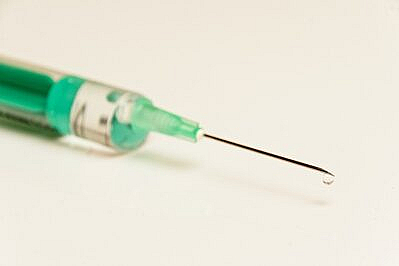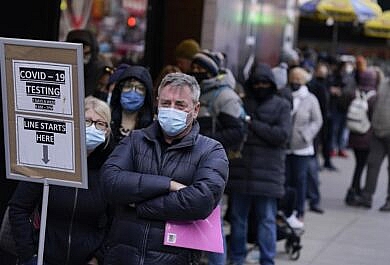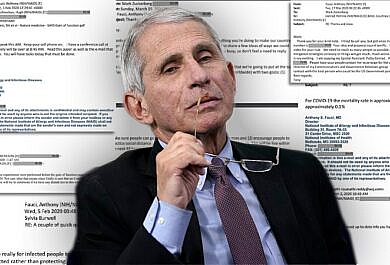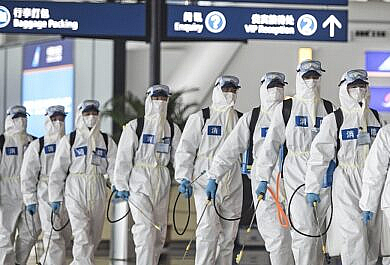Just a few days after AstraZeneca touted a vaccine candidate with “90% efficacy” against the coronavirus, scientists and experts are raising red flags. What are they saying?
Summary
Days after announcing a vaccine candidate with up to a 90% effectiveness rate, AstraZeneca is facing questions as experts and researchers dig deeper into the pharmaceutical company’s data.
- Two days following the initial announcement, AstraZeneca said a “manufacturing error” led to a batch of the vaccines used in the trial that were only half a dose. The error and data was not included in the initial announcement.
- Data from AstraZeneca appears to show volunteers who received two half-doses actually fared better than those who received two full doses.
- Additional questions about the presentation of the trial have been raised by the head of Operation Warp Speed, who said the 90% effectiveness rate was “only shown for the lowest risk group.”
- Meanwhile, government officials in the United Kingdom downplayed any concerns with the vaccine candidate, saying a 70% efficacy (which the AstraZeneca vaccine meets on average of all test groups) is sufficient.
- The pharmaceutical company has pushed back on the concerns, saying the trials were “conducted to the highest standards”, but is expected to run additional trials to assuage worries.
- The company also said it promptly notified regulators of the mistake, who signed off on the continuation of the trial.
- MarketWatch noted AstraZeneca stock dropped slightly on Friday morning as news of the controversy has dripped since Wednesday.
![]()
- CNN’s reporting casts a regulatory cloud over the news, and includes quotes an official from the Food and Drug Administration, which regulates vaccines in the United States, who said it “was hard to know the significance of their findings” in light of the limited data released earlier in the week.
- Vox spent its reporting on a deep dive in the trial and approval process, and noted another instance of AstraZeneca’s data being incomplete: they did not report the difference between placebo and actual vaccines recipients among those who eventually contracted coronavirus.
- Huffington Post calls the opaque results of AstraZeneca’s study “a particularly significant problem” because those who received half-doses were also in the lowest risk category, and not likely to be in the first wave of recipients of an approved vaccine in the United Kingdom.
![]()
- Reporting in the New York Post casts doubts similar to Huffington Post, contrasting AstraZeneca’s comment that the “serendipity” of the dosing mistake could very well end up the opposite, quoting a scientist who says the results are “on very shaky ground.”
- Wall Street Journal set skepticism in the opening sentences of their report, quoting AstraZeneca’s head of the department overseeing vaccines who admits the company still does not yet understand the trial data as a result of the dosing snafu.
© Dallas Gerber, 2020






